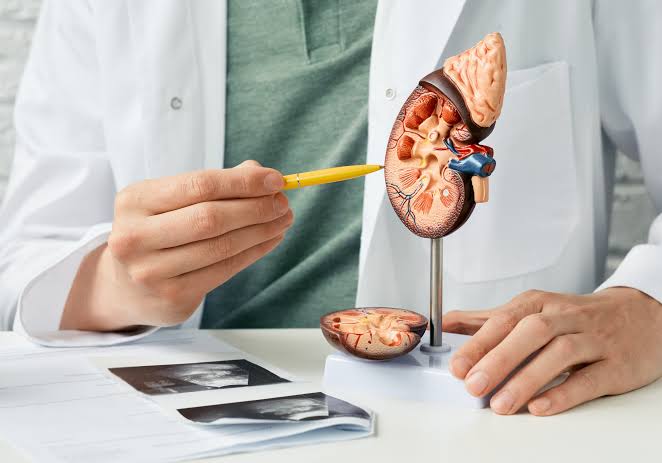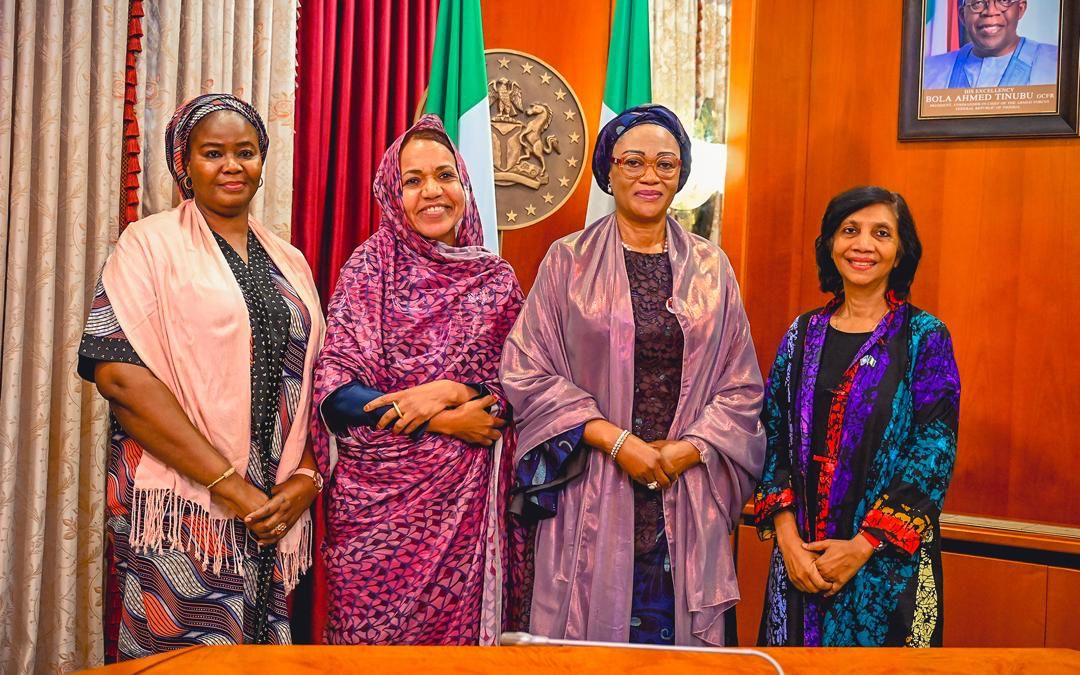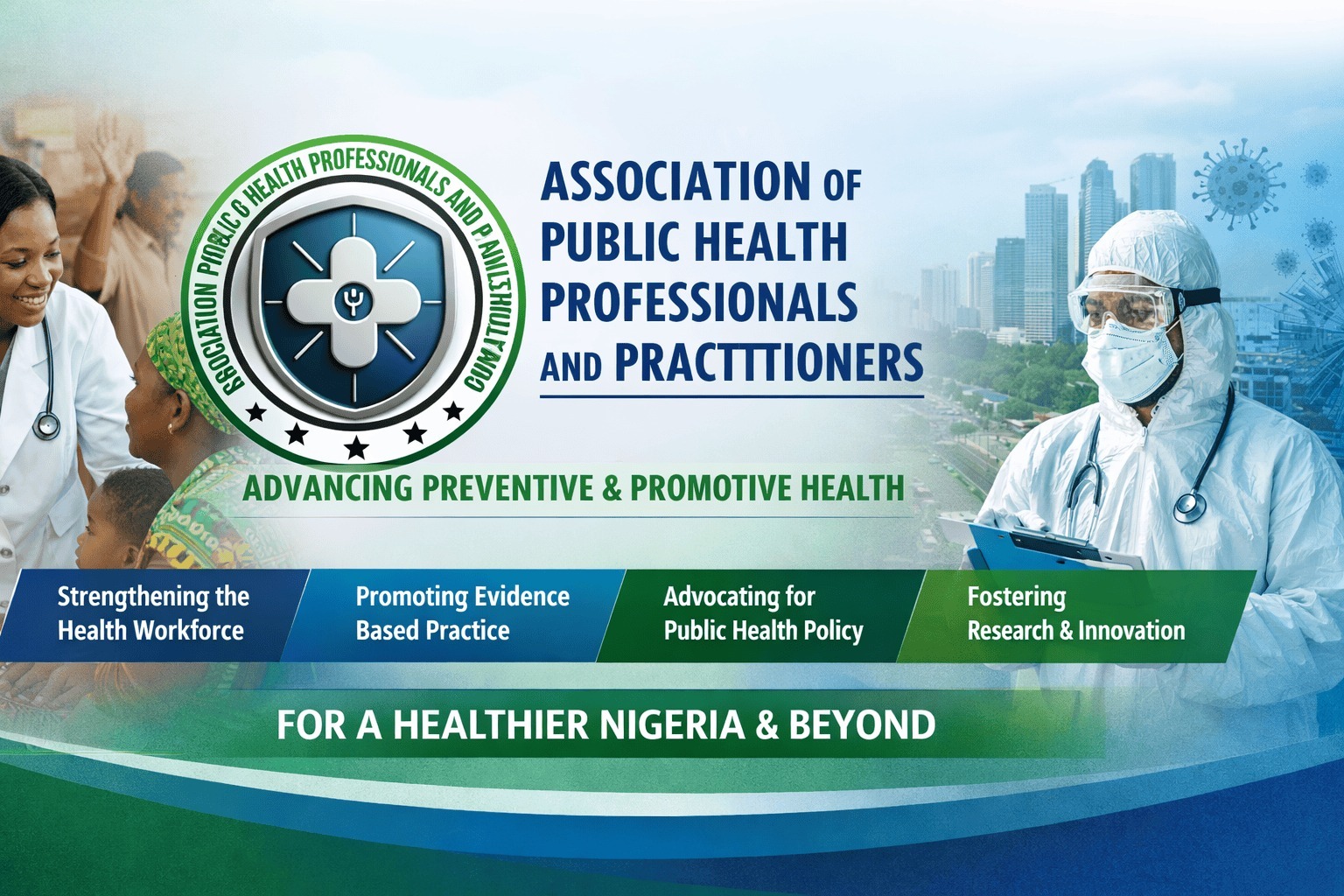Chronic Kidney Disease: Africa’s Silent Killer
VIRAJ RAJADHYAKSHA

There is a silent killer in our midst. It affects 850 million people worldwide and is a leading cause of death globally.1 Despite its deadly profile and rising prevalence, low public awareness means Chronic Kidney Disease is too often undetected and undertreated, without sufficient public health policies in place to address its rapid spread in Africa.2
World Kidney Day on March 9th presents an opportunity to expose this silent killer and strengthen efforts against Chronic Kidney Disease (CKD). An estimated 15% of people in Africa have the condition, rising to 30% in high-risk populations like people with diabetes.3 This is significantly higher than the global average and presents a real challenge for the region. It is perhaps unsurprising that when a panel of experts in kidney health from across the Africa and the Middle East was convened last year, they identified significant gaps in the care given to people with CKD. In a paper due to be published later this month, they make the case for renewed action to stem the rise in the disease, emphasising that early invention is essential.
CKD has no cure, and treatments like dialysis and transplantation which are required in the final stages of the disease are both invasive for patients and hugely expensive, placing a significant financial burden on health systems. The pandemic has only exacerbated this challenge, with CKD being one of the most prevalent risk factors for severe COVID-19. 4 Governments, NGOs, health care providers and the private sector must come together to end the neglect, with a focus on prevention, early detection and education.
Firstly, efforts to manage, diagnose and treat the underlying causes of CKD can stop the disease from ever developing. Obesity, diabetes and high blood pressure are among the main drivers of CKD, and as such it is no surprise that they have also increased in prevalence in Africa in recent decades. 5 Increased support with integrated care approaches for patients with these conditions will not only improve general health outcomes but also help to avert instances of CKD and help countries to build sustainable, more resilient health systems. After all, prevention is always better than a cure.
Secondly, early detection of CKD allows patients who have already developed the disease to continue to live long and healthy lives. To achieve this, policymakers should implement routine screening for CKD among high-risk groups as a priority, which is possible thanks to the rapid and inexpensive tests that are available to hunt it down. Advances in medical technology in the past decade including biomarkers, advanced imaging and the use of artificial intelligence make this easier than ever before, but these innovations are still not widely available in Africa.
AstraZeneca is working with governments and health providers across the region to boost capacities and capabilities for early diagnosis, including the development of a programme known as SEARCH to drive early detection in at risk patients. SEARCH has enabled the screening of approximately 500,000 patients for CKD to date, specifically targeting those with pre-existing conditions such as diabetes, high blood pressure or cardiovascular disease which all put patients at a higher risk of developing CKD.
Finally, education is essential to empower health workers and patients with the knowledge, the skills, and the confidence to live and control this disease. Patients should be able to understand their risks based on pre-existing conditions, how they can catch CKD early and the treatment options available to them to improve their prognosis. Peer to peer support can also help build confidence around healthy lifestyle changes, exercise, and adherence to treatment. Even tools as simple as this ISN ‘Are your kidneys healthy?’ quiz (https://apo-opa.info/3F9w6E6) can help start a conversation, which could be enough to save a life.
World Kidney Day is a chance to shine a light on CKD and help to stop this silent killer in its tracks. Through prevention, early detection, and education, we can work to limit the dreadful burden of this disease on our families and communities and create healthier and more sustainable health systems in our region and across the world.
By Viraj Rajadhyaksha, Area Medical Director, Astrazeneca in Middle East and Africa (www.AstraZeneca.com).












